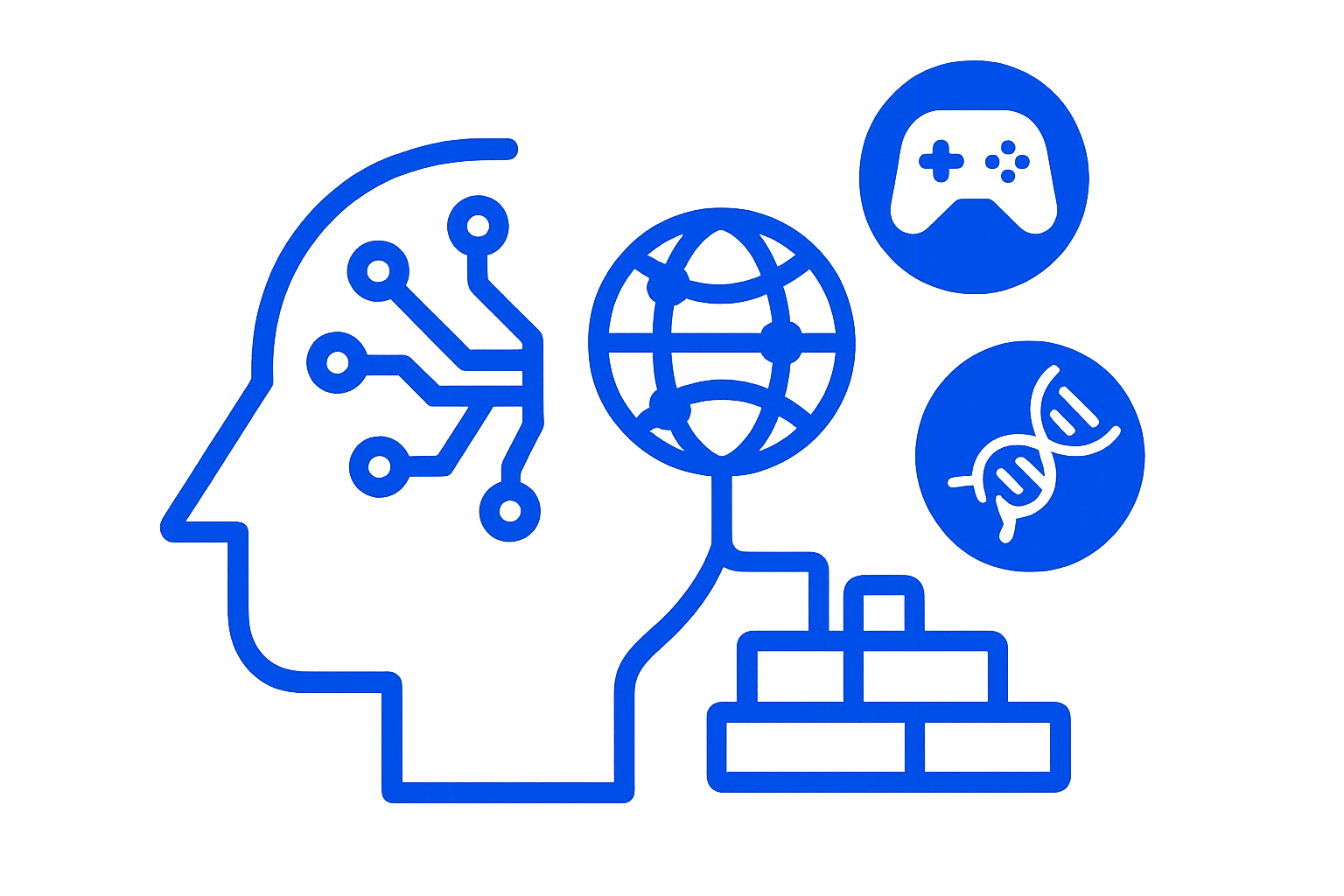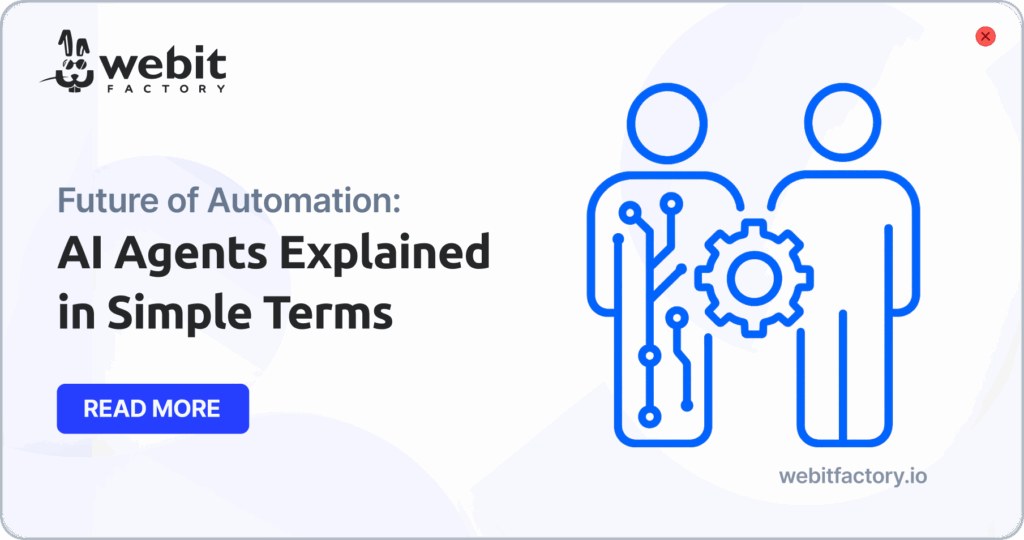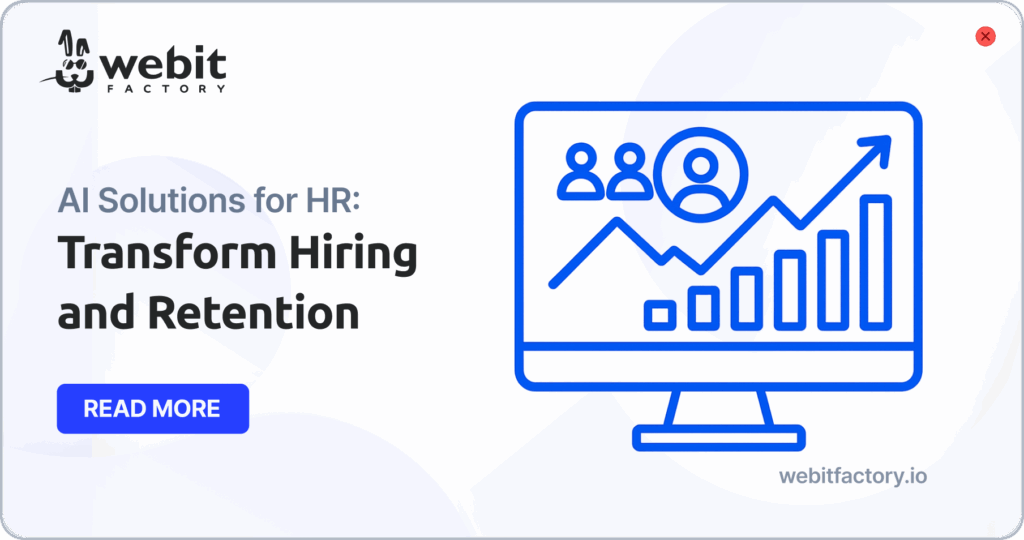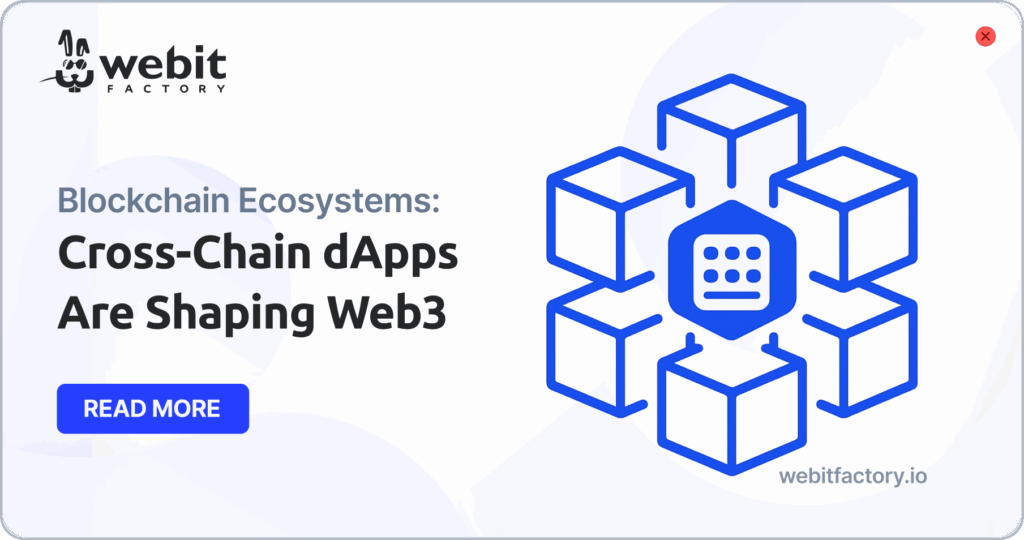Web3 dapps are redefining how we interact online, merging decentralized technologies with practical, user‑friendly experiences. Today’s landscape moves far beyond speculative NFTs or basic DeFi protocols. Developers are building applications that blend AI, seamless UX, and real-world asset integration to meet real user needs. This shift is significant because it reflects a maturing ecosystem where utility, trust, and accessibility are becoming foundational. For tech entrepreneurs, product managers, and developers, it signals a clear direction for future innovation and value creation.
What Makes a Web3 dApp?
In 2025, web3 dapps are evolving into comprehensive platforms with wide-ranging capabilities. They’re no longer niche tools but core technologies driving new digital economies. The shift toward mobile-first dApps, facilitated by wallet SDKs like Web3Auth and Particle Network, is reducing entry barriers for mainstream users. Rock’n’Block also points to the rising use of decentralized AI and real-world asset tokenization, adding layers of relevance and practicality. These trends show that Web3 is growing into a powerful alternative to traditional web platforms.
This shift also reflects a growing maturity in how dApps are designed and deployed. Rather than being purely experimental or limited to crypto-native audiences, modern web3 dapps are increasingly tailored for practical use in sectors like finance, healthcare, education, and entertainment. Developers are embracing modular architectures, seamless cross-chain compatibility, and compliance-ready frameworks that allow these platforms to operate within regulatory landscapes. This evolution positions dApps not only as innovative tech solutions but as robust, scalable systems ready to support real-world business models and user needs.
Must‑Have Features in Today’s dApps
Modern dApps need more than blockchain integration,they must offer an intuitive, accessible, and feature-rich user experience. Today’s users expect seamless functionality that rivals or exceeds Web2 platforms. Without strong UX and performance, even the most innovative blockchain technologies will go unnoticed. The Data Scientist highlights several must-haves: in addition to speed and security, users demand simplified onboarding, familiar navigation patterns, and responsive interfaces that work flawlessly across devices. These elements help bridge the gap between technical innovation and real-world usability, making the difference between adoption and abandonment.

- UX/UI focus: Clean interfaces, intuitive navigation, and smart onboarding are essential. A poor interface can repel users even if the technology is solid.
- AI integration: AI is being used to personalize content, automate moderation, and offer predictive analytics, making dApps more intelligent.
- Layer‑2 scaling & interoperability: Fast and cost-effective transactions are key, especially for applications that need high throughput.
- On‑chain governance: Empowering users to influence platform direction through transparent voting builds long-term engagement and trust.
- Mobile‑first wallet abstraction: Using SDKs like Web3Auth and Particle Network simplifies user onboarding by replacing complex wallet setups with social login and easy key recovery.
These features aren’t optional anymore,they’re expected. Developers must prioritize user comfort and functionality to compete in the growing dApp ecosystem.
Building a dApp People Actually Use
Creating a technically sound dApp is only half the battle. If people don’t use it, the effort is wasted. That’s why building for users,real people, not just blockchain enthusiasts,is essential. Here are some key principles to follow:
UX Strategy & Onboarding
Make sure users can start using your app in under a minute. That means social login, wallet SDK integration, and minimal cognitive load. Clear UI elements, helpful tooltips, and onboarding walkthroughs can dramatically improve engagement.
Retention Tactics
Users stay when they see ongoing value. Gamification, loyalty rewards, and personalized content via AI help maintain interest. Use data analytics to understand drop-off points and iterate based on real feedback.
Avoiding Pitfalls
Many projects fail due to friction during onboarding, high gas fees, or overly complex interfaces. Adopt Layer-2 solutions to cut costs and ensure your product works smoothly on mobile. Security lapses and poor documentation also hurt credibility, so invest in audits and clear guides.
Focusing on users rather than just the technology is the key to creating a sustainable and scalable dApp.
How Smart Contracts Drive dApp Evolution
Smart contracts are the core infrastructure powering web3 dapps. They enable the core value propositions of decentralization: automation, trustlessness, and transparency. They can automate everything from recurring payments to complex business logic without human intervention. This not only reduces overhead but also builds trust, as code is verifiable and immutable. Nextrope explains that advanced smart contract standards like ERC-4337 are revolutionizing dApp UX by introducing account abstraction. This includes batch transactions, smart wallets, and gas abstraction,all of which reduce friction for end users and allow for more complex interactions without complexity on the frontend.
From a development perspective, Medium emphasizes the importance of mastering smart contract design patterns. This includes gas optimization, using proxy architectures for upgradeability, and incorporating well-audited libraries to avoid vulnerabilities. A secure and flexible contract architecture not only improves your dApp’s reliability but also prepares it for long-term growth.
Web3 dapps in 2025 are sophisticated, mobile-first platforms that integrate emerging technologies like AI, Layer-2 scaling, and smart contracts to deliver real-world value. The emphasis has shifted from building on the blockchain for its own sake to building products that genuinely solve problems and enhance user experiences. Developers and founders who understand this evolution,and follow best practices such as ERC-4337 integration, wallet abstraction, and UX-first thinking,are well-positioned to thrive. The next era of digital experiences is decentralized, intelligent, and above all, user-centric.
Want to make a dApp truly work?
Related Articles

AI Agents Explained in Simple Terms
Discover what AI agents are, how they work, and why intelligent agents are reshaping automation across industries.

AI Solutions for HR That Transform Hiring and Retention
AI solutions for HR are transforming hiring and retention with faster recruitment, better cultural fit, and lower turnover rates.

Cross-Chain dApps Are Shaping Web3
Cross-chain dApps are shaping Web3 by streamlining UX, improving contract monitoring, and bridging fragmented blockchain ecosystems.
